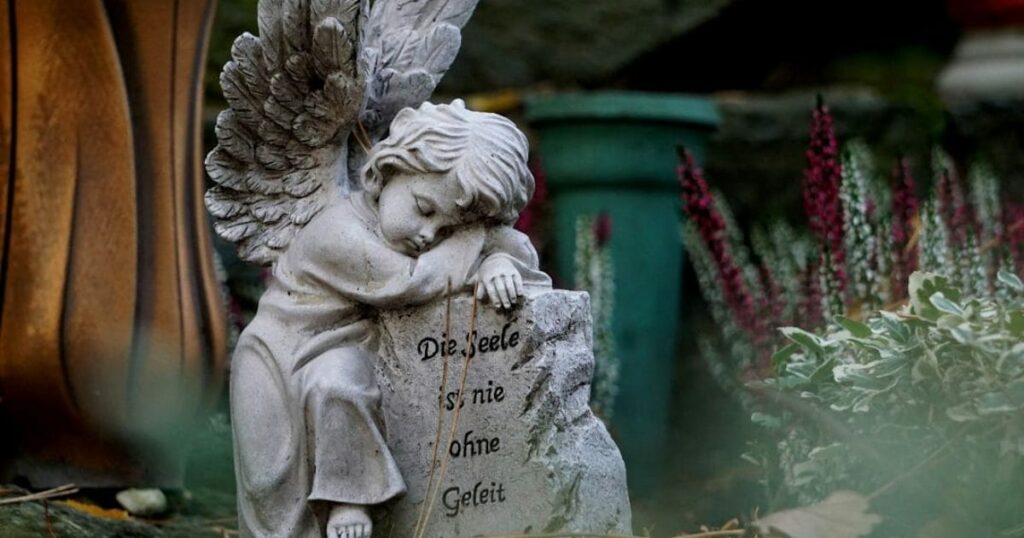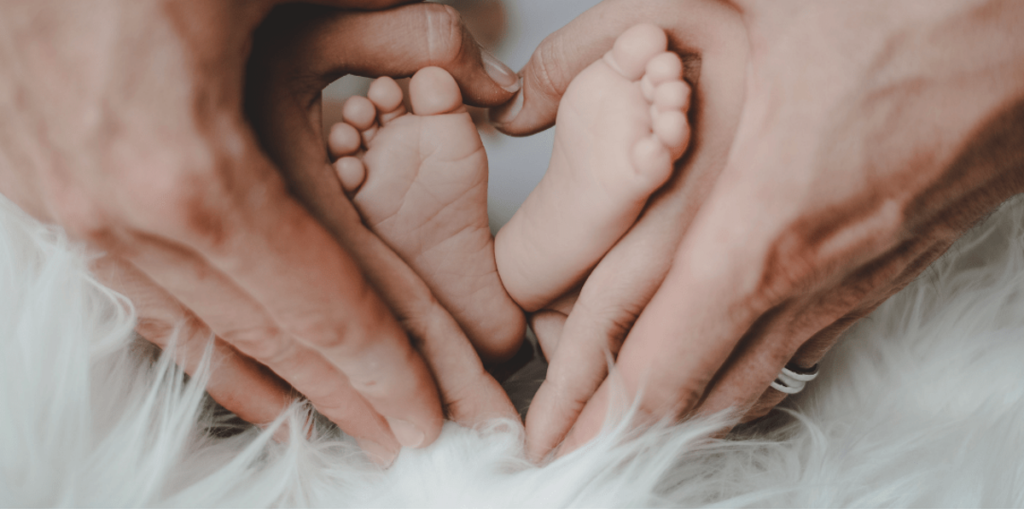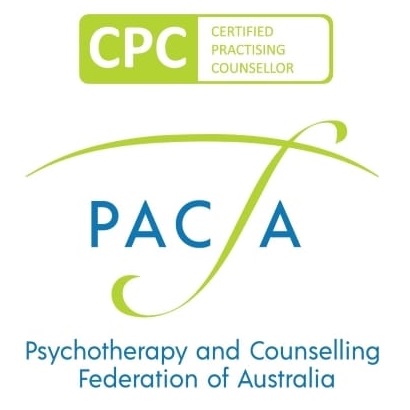Miscarriage is more common than you might think. It happens to 1 in 4 women, often sadly more than once, yet there still remains a sense of taboo and shame around this sad event. Why can we not talk freely about the loss of a baby?
In our western society, there are well entrenched rules around how grief ‘should’ look, and how long the grieving period should last. However, a lot of our losses fall outside of this accepted and narrow frame, including miscarriage. The grief felt after the loss of an unborn child can be deep, hard to express and life-altering. People around you may unintentionally, but with all well meaning, minimise or dismiss your experience. Remarks such as “you’re still young you can have another one”, or “it wasn’t meant to be”, can feel incredibly hollow and hurtful.
Miscarriage falls into the category called disenfranchised grief, which refers to the type of grief that is not openly acknowledged or accepted by societal ‘norms’, often leaving the griever feeling that they can’t share their loss with others, or mourn publicly because they think they will be judged in some way. The type of grief that accompanies this loss can feel deeply isolating, lonely making, and can make you feel that the world as you knew it has been shattered in some way. This can force the bereaved to suppress their grief, which can lead to a range of health issues.
You may have internalised messages that because there has been too little time to develop a relationship with the unborn, you should not be feeling as much grief as you do. On top of that, if the pregnancy is lost early, there may be no body to mourn over. Your friends and family may not understand the bond you have already formed with life growing inside you, the dreams you had for their future, or from which parent they may have got their looks and personality.
Grief is grief: an incredibly personal and unique process to each person. There is no timeline for getting over a loss and the grief process never travels in a straight line. As time goes by, you may spend less time in sorrow and grief, and then all of a sudden it can just hit you. This is a perfectly normal experience.
The grieving process may be different for you and your partner. Where a pregnant woman is immersed in the pregnancy all day every day, and may be attuned to all the new experiences as her body changes, her partner may not feel an early pregnancy loss quite so keenly. Also, a woman may feel her body has been invaded if clinical procedures are subsequently required after miscarriage, and can be further compound the trauma and grief, and the sudden emptiness in the womb can feel devastating. Grief is a hugely vulnerable time, and it can be easy for you to perceive that your partner is not feeling the loss as deeply.
Meaning making as a path to healing
I have mourned my two losses very differently. The first left us at 20 weeks gestation, and without doubt, would have to be one of the most painful and devastating of all human experiences. There was, however, a body to mourn over and to prepare funeral arrangements for. I deeply believe that going through a ceremony and scattering ashes in a meaningful way, really helped the grieving process.
In my most recent experience, circumstances were completely different, not to mention being in our 40s with teenage kids, becoming pregnant was a huge shock. However, this time I had a profoundly spiritual experience being in contact with the incoming soul who warned me that she wouldn’t be staying around for very long. I miscarried a week later. Even so, we both still feel a sense of loss, if somewhat ambiguous. It doesn’t matter to me so much this time as to why this pregnancy ended in miscarriage, but I will always carry with me the extraordinary feeling of pure love I felt while I was pregnant.
What’s important is validating how you feel for each loss, find support for yourself, whether that be with your partner, a friend or a counsellor. Be gentle and kind to yourself, and find a way to cherish and honour the memory of your lost angel. I think it’s important to say, too, that the experience of prenatal death never leaves us; it just leaves a scar that we learn to carry.
As painful as this subject is, it’s important for women to talk about their experience of loss, and find the support that’s needed to help the grief process turn into the healing process. It’s the only way to break down stigma and to help other women not feel so alone in their own journey.






